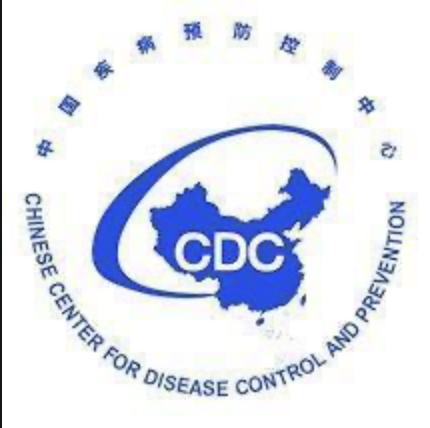
Commentary: COVID-19 in 2021: A Call for Collaboration
March 4, 2021
For many years now the world has anticipated a global pandemic. Aware of the devastating impact of pandemic influenza after the first World War, we have been awaiting a similar threat and the changes it would bring to our way of life, health, and the global economy.
Alarm bells rang out loud and clear with significant epidemics in recent years. Outbreaks of severe acute respiratory syndrome (SARS), Ebola, and Zika provided an indication of the health, social, economic, and political impacts that rapid infectious disease spread can have in a globally interconnected world. This did accelerate preparations, but as we have seen, significant weaknesses in global systems have been exposed.
The world has been on a journey to build preparedness and epidemic and pandemic response capacity. The International Health Regulations, which were updated in 2005, provided a clear framework against which countries could assess their capacity to respond, with an ‘all hazards’ response to potential threats.
However, the World Health Organization’s (WHO) Joint External Evaluation (JEE) process helped highlight that significant weaknesses remained after more than 100 countries undertook voluntary assessments of their global health security status (1). Efforts to mobilize global resources to strengthen preparedness were underway, and progress was being made, but it is now clear, with the benefit of hindsight, that in many cases preparations were too little, too narrow, and too late.
As I look ahead at the coming year, I am very aware that the challenges of coronavirus disease 2019 (COVID-19) remain high the world over. Whilst there is light at the end of a long and dark tunnel in the form of vaccines and with some good examples of the success of non-pharmaceutical interventions in some countries, it is clear that without successful, global distribution of effective vaccines, the shutting down of international borders and limitations of our social and economic lives will have increasing long term and devastating impacts on our health and wellbeing.
There have however been huge positive developments and innovations, and it is important to recognize and celebrate these. There has been unprecedented international scientific collaboration in support of developing diagnostic tests for COVID-19, in vaccine development and in finding life-saving treatments for patients with COVID-19, such as dexamethasone. We have seen hugely valuable international collaboration and sharing of information and experiences between countries, which have provided a deeper understanding of the nature of the virus and its mutations, and I am immensely proud of the work that the International Association of National Public Health Institutes (IANPHI) has done to facilitate exchanges between National Public Health Institutes from high income and low and middle income countries (2). This global collaboration and meeting of minds is something that we must build upon — strengthening the partnerships that have been established to ensure that we not only build back our national systems better, but we also build improved international collaboration.
IANPHI is a partnership between National Public Health Institutes, with China CDC being an active and important member. Sharing of information between countries including on China’s national approach has helped to inform IANPHI members and regular exchanges have reinforced the value of peer-to-peer support, which is the glue that binds us together across 100 member countries.